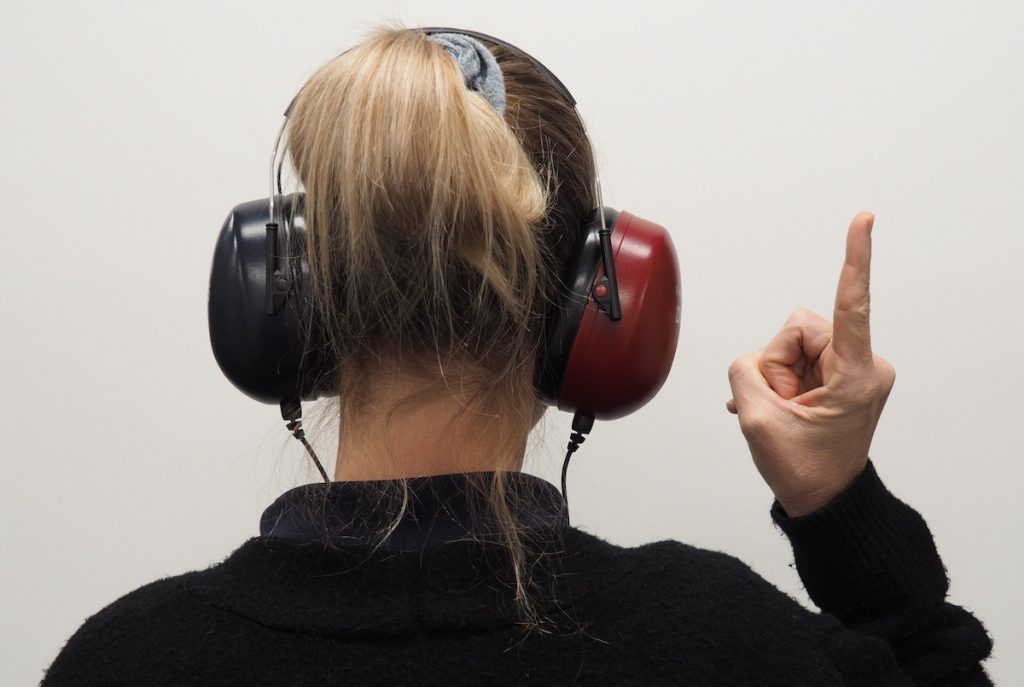Out of all the five basic senses humans have, hearing is perhaps one of the most undervalued. The ability to hear music, conversation, or even birdsong goes wildly unappreciated – until, of course, our hearing is compromised or diminished completely.
In reality, hearing is an extraordinary gift and vital to living a well-rounded life. With this in mind, we’re here to talk about the importance of hearing and give you some helpful tips on ways to protect your hearing on the job.
The Importance of Hearing
Before we go into the ways you can preserve your hearing at work, let’s address the value of hearing itself. Firstly, being able to hear is crucial to feeling more connected to others. While non-audible communication is certainly important, hearing allows us to exchange ideas and information that strengthens our bond with friends, family, co-workers, and our community.
Secondly, our ears can be a gateway to improved mood. How so? Well, consider how you feel when you hear your favorite music or listen to sounds in nature. These and other sounds are medically proven to stave off depression and even energize us. Furthermore, the ability to hear certain sounds or music can lower blood pressure, reduce heart rate, and decrease stress.
With all of these benefits to ponder, it’s clear that we should make every effort to preserve our hearing while we’re at work. Keeping to this objective, here are a few ways you can ensure you have the gift of hearing long after you quit work for the day and well into the future.
Make Sure Your Employer is Compliant
There are labor laws enforced by government agencies that enforce safety in the workplace. These laws include protecting employees’ hearing. Given this, make sure your employer is in compliance and providing an environment where your hearing is safeguarded.
This is especially important if you work in a noisy workplace, like engaging heavy equipment or machinery. In this scenario, employers should provide employees with protective gear such as earplugs or noise-canceling earphones. If employers are not compliant, employees could be at risk of hearing loss or other hearing disabilities.
Take Personal Precautions
Even if your employer is following the laws, and is compliant with labor safety regulations – you might still need an extra layer of protection while working on the job. This is especially true if you have audial sensitivities. To offset any potentially problematic situations at work, you can take your own personal protection equipment to work.
As mentioned, earplugs and earphones should be provided by your employer. However, you might want to secure your own hearing protection that better suits your needs and personal preferences.
Mindfully Negotiate the Noise
Even if you and your employer have done everything to make your job enjoyable and safe, sometimes loud noise on the job is unavoidable. Maybe there are renovations being made in your workplace or near it. Or, perhaps there is a particularly noisy area at your facility that you don’t work in but need to visit occasionally.
If this is the case, be mindful of noisy situations and try to avoid being in the midst of them. If you can’t avoid being around the noise, get your hearing protective gear out to preserve your hearing. Being aware of noise – when and where it happens and how to avoid encountering it – is a great way to ensure the health of your hearing.
Talk to Your Doctor
If you suspect you might be struggling with your hearing, consult with your physician or an audiologist. These professionals can provide you with a full examination which will determine if there is a problem and what to do if there is an issue. Furthermore, a hearing specialist can give you additional tips on how to protect your hearing while at work.
Conclusion
It may appear as though we’re making a big deal out of safeguarding your hearing on the job. Maybe so, but consider this: Imagine a world without the ability to hear at all. Or imagine living with constant buzzing or ringing in your ears (a common symptom of tinnitus). Compromised hearing is not something to take lightly. That’s why we urge you to take every precaution to protect your hearing while at work.

